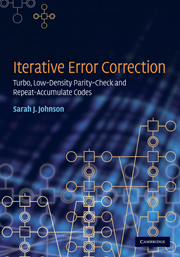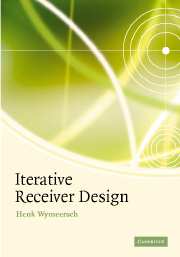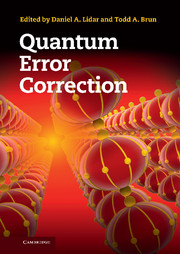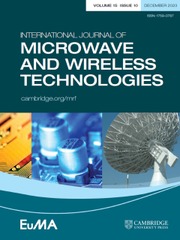Iterative Error Correction
Iterative error correction codes have found widespread application in cellular communications, digital video broadcasting and wireless LANs. This self-contained treatment of iterative error correction presents all the key ideas needed to understand, design, implement and analyse these powerful codes. Turbo, low-density parity-check, and repeat-accumulate codes are given equal, detailed coverage, with precise presentations of encoding and decoding procedures. Worked examples are integrated into the text to illuminate each new idea and pseudo-code is included for important algorithms to facilitate the reader's development of the techniques described. For each subject, the treatment begins with the simplest case before generalizing. There is also coverage of advanced topics such as density-evolution and EXIT charts for those readers interested in gaining a deeper understanding of the field. This text is ideal for graduate students in electrical engineering and computer science departments, as well as practitioners in the communications industry.
- Worked examples and pseudo-code improve the reader's understanding of the material and aid in later implementation
- Self-contained, with no specialized previous knowledge assumed – perfect for a stand-alone course or the practitioner seeking to understand this rapidly expanding field
- Sharp focus on only those topics necessary for iterative error correction codes – readers do not need to wade through material on other coding topics
Product details
November 2009Hardback
9780521871488
356 pages
253 × 180 × 21 mm
0.85kg
144 exercises
Available
Table of Contents
- 1. Channels, codes and capacity
- 2. Low-density parity-check codes
- 3. LDPC codes: properties and constructions
- 4. Convolutional codes
- 5. Turbo codes
- 6. Serial concatenation and RA codes
- 7. Density evolution and EXIT charts
- 8. Analysis of finite-length codes.





